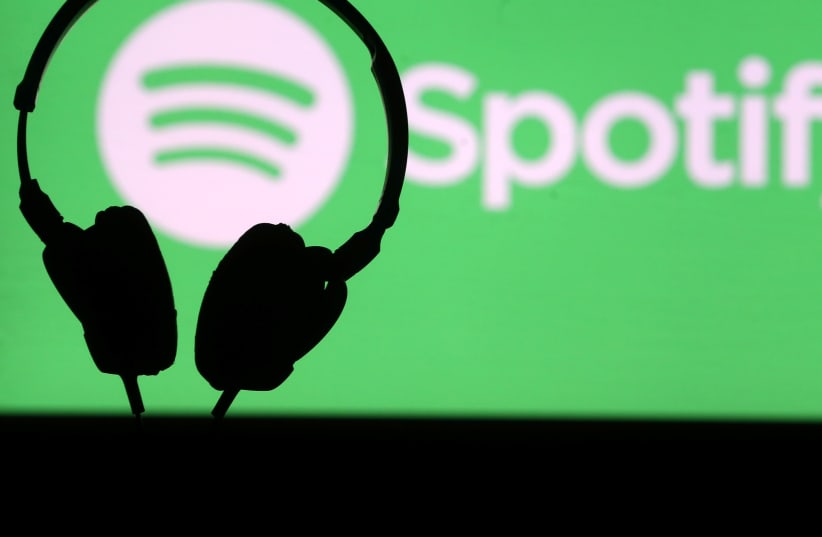Spotify bans political advertisements ahead of 2020 US election
“At this point in time, we do not yet have the necessary level of robustness in our process, systems and tools to responsibly validate and review this content,” Spotify said in a statement.
